Notable points of the Hanoi Convention
The Hanoi Convention – the full name of the United Nations Convention against Cybercrime – is the first comprehensive multilateral legal agreement of the United Nations to address the global threat of cybercrime. The document was adopted by the United Nations General Assembly late last year and will be officially opened for signature this weekend in the capital Hanoi.
The Hanoi Convention establishes common standards for the criminalization of cybercrime, enhances international cooperation, and supports capacity building for developing countries. The document is expected to become a global legal framework, ensuring the rule of law and protecting human rights in the digital space.
One of the most important innovations of the Convention is its universality and absolute respect for national sovereignty . Unlike the Budapest Convention initiated by Europe, the Hanoi Convention is the first legal framework negotiated and adopted by all UN member states. This ensures that all cross-border investigation and data access cooperation activities must strictly comply with the law and be authorized by the host country, thereby addressing concerns about violations of national sovereignty.
Second, the Convention significantly expands the scope of crimes covered. It does not only focus on traditional cybercrimes such as hacking or online fraud, but also covers crimes that use high technology to commit illegal acts such as terrorism, human trafficking or drug smuggling.
Third, the Convention places special emphasis on supporting developing countries. For the first time, a clear mechanism for technical assistance, technology transfer and capacity building is included, aiming to narrow the digital divide and improve the capacity to combat cybercrime among countries.
Domestic and foreign experts commented that the Hanoi Convention has opened a new chapter – more comprehensive and fairer – contributing to strengthening connectivity and promoting international cooperation in preventing and combating cybercrime.
Major General Le Xuan Minh, Director of the Department of Cyber Security and High-Tech Crime Prevention (Ministry of Public Security), said: “Having a legal framework and countries sharing and exchanging on crime prevention activities will create a synchronous system between countries, forming a network of links between law enforcement forces. In particular, the Convention helps raise awareness of each country about the danger of cybercrime - an issue that not only threatens national security but also affects the peaceful environment and general stability of the global cyberspace. It can be said that the consensus of the United Nations member countries on the Hanoi Convention clearly demonstrates the trust and confidence of the international community in Vietnam - a country that plays a role in gathering and leading global resources in the fight against cybercrime."
Many activities towards the signing ceremony of the Hanoi Convention
On the eve of the signing ceremony of the Hanoi Convention, many practical activities are being organized in Vietnam to raise awareness, protect cyberspace safety and respond to the spirit of international cooperation against cybercrime.
The “Not Alone” campaign, initiated by the Digital Trust Alliance, with the sponsorship of UNICEF, the Ministry of Public Security, the Ministry of Education and Training, and the Ministry of Health, carries the message “No one is left alone online”, targeting 12 million young people aged 12–24.
Ms. Le Hong Loan, Head of the Child Protection Program (UNICEF), highly appreciated Vietnam's commitment and proactive efforts in ensuring a safe online environment for children. The campaign calls for the cooperation of the whole society, spreading online safety skills, helping adolescents know how to identify, prevent and report when in danger.
Singer, rapper Den, the campaign's ambassador, shares his wish that artists, KOLs and content creators become bridges to help children easily share and seek support when facing risks online.
According to the Digital Trust Alliance, in the first 9 months of 2025, 22,200 reports of online fraud were recorded, mainly targeting students aged 14-22. Each skill and each reminder in the campaign is like a "shield" to protect children from risks in cyberspace.
At the same time, the 2025 Cyber Security Student Competition attracted 327 teams, more than 1,200 students from 34 Vietnamese schools and 26 international schools in the ASEAN region, providing an opportunity for the young generation to exchange, affirm their abilities and spread the spirit of responsibility in the digital space.
Master Nghi Hoang Khoa, University of Information Technology (VNU-HCM), said the contest attracted students from first to fourth year, demonstrating the strong influence of the movement to study and research cyber security.
Lieutenant Colonel Trieu Manh Tung, Deputy Director of the Department of Cyber Security and High-Tech Crime Prevention (Ministry of Public Security), affirmed: "This is a mandatory requirement in the digital transformation era, contributing to discovering and training cyber security talents for the future."
These activities not only respond to the Hanoi Convention – the United Nations Convention against Cybercrime – but also demonstrate Vietnam's determination to build a safe, trustworthy and sustainably developing cyber environment.
International experts appreciate the role of Vietnam
On October 25-26, the signing ceremony of the United Nations Convention against Cybercrime will take place in Hanoi. The United Nations’ selection of Vietnam as the place for signing is not only an important legal and diplomatic event, but also a milestone affirming Vietnam’s international position and prestige in the effort to build a safe, healthy and sustainable cyberspace.
The Hanoi Convention not only creates opportunities for Vietnam to strengthen international legal cooperation and improve its capacity to prevent and combat cybercrime, but also helps raise social awareness of information security and protect people and businesses in the digital age.
Mr. Sam Rubin, Vice President of Palo Alto Networks (USA), Cyber Security Solutions Company, commented: "In the early days of the era of artificial intelligence (AI), cyber threats change rapidly. AI is being exploited as an attack tool, so countries need to cooperate globally and share information promptly to respond effectively."
According to Cybersecurity Ventures, the global cost of cybercrime could be as high as $10.5 trillion, highlighting the importance of an international cooperation mechanism like the Hanoi Convention – which helps protect the global digital economy, promote a safe internet and enhance cross-border crime tracking.
Ms. Hilde Solbakken, Norwegian Ambassador to Vietnam, emphasized: “Norway and Vietnam can together protect international law and human rights, both online and offline; promote transparent, responsible and globally norm-compliant cyber policies, towards an open, safe and trustworthy cyberspace."
Vietnam is currently among the top countries in the Global Cybersecurity Index (GCI) 2024, with more than 80% of its population participating in the digital space. This shows the rapid maturation of the country's cybersecurity capacity.
Experts say that when the Hanoi Convention comes into effect, Vietnam will transform its diplomatic role into practical action, through improving laws, strengthening mechanisms to protect vulnerable users, and building a safer digital environment for the whole society.
Source: https://vtv.vn/nhieu-hoat-dong-huong-toi-le-mo-ky-cong-uoc-ha-noi-100251023144349658.htm



![[Photo] Prime Minister Pham Minh Chinh meets with South African President Matamela Cyril Ramaphosa](https://vphoto.vietnam.vn/thumb/1200x675/vietnam/resource/IMAGE/2025/10/23/1761226081024_dsc-9845-jpg.webp)
![[Photo] President Luong Cuong holds talks with South African President Matamela Cyril Ramaphosa](https://vphoto.vietnam.vn/thumb/1200x675/vietnam/resource/IMAGE/2025/10/23/1761221878741_ndo_br_1-8416-jpg.webp)
![[Photo] Prime Minister Pham Minh Chinh chairs meeting on railway projects](https://vphoto.vietnam.vn/thumb/1200x675/vietnam/resource/IMAGE/2025/10/23/1761206277171_dsc-9703-jpg.webp)


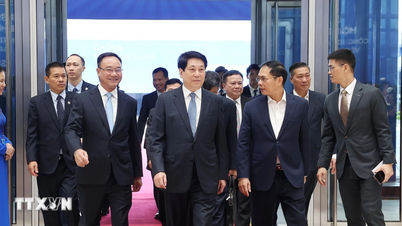



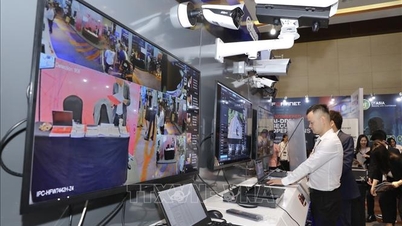

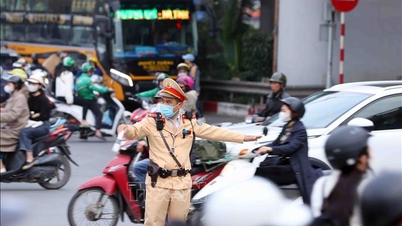
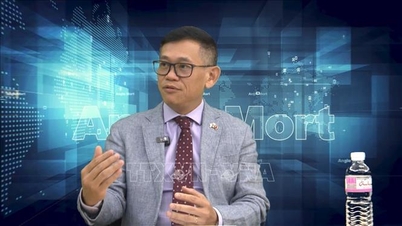
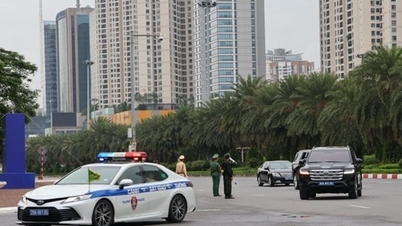

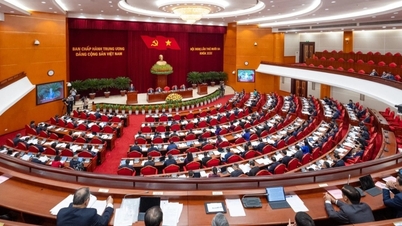

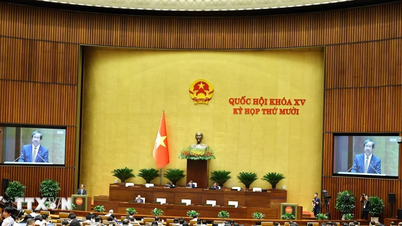
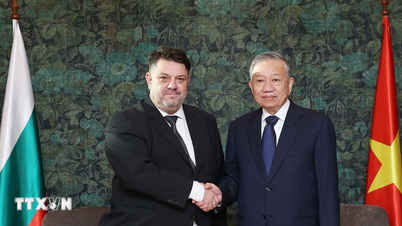
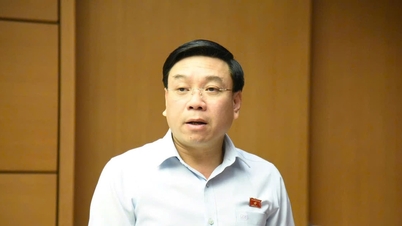

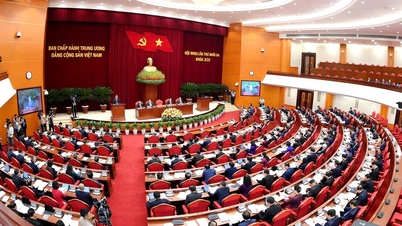






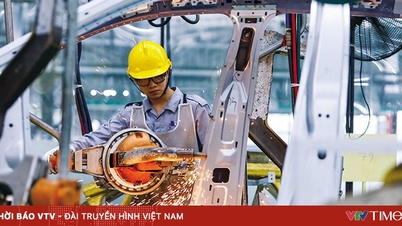
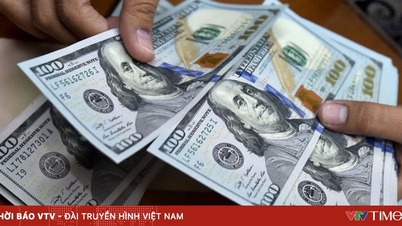
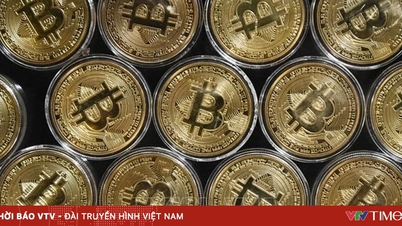
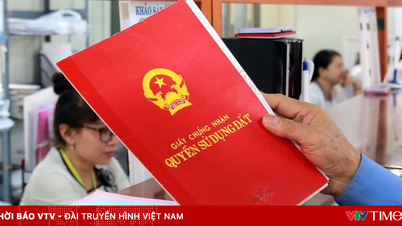






































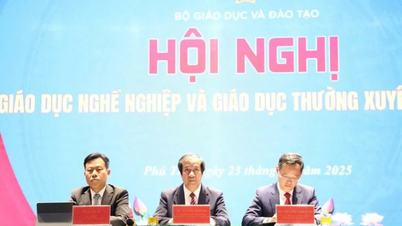


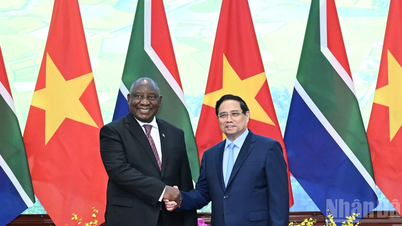




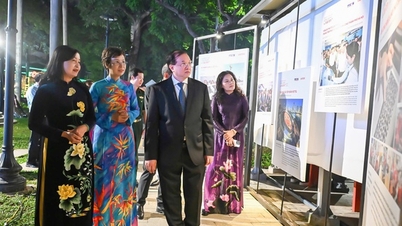



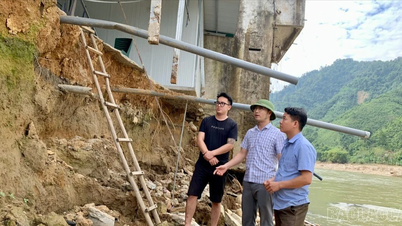





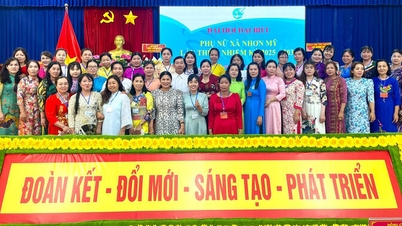

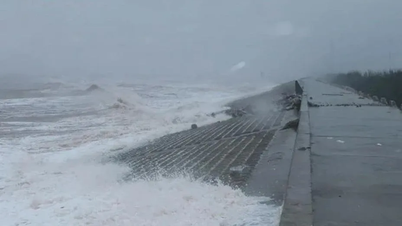













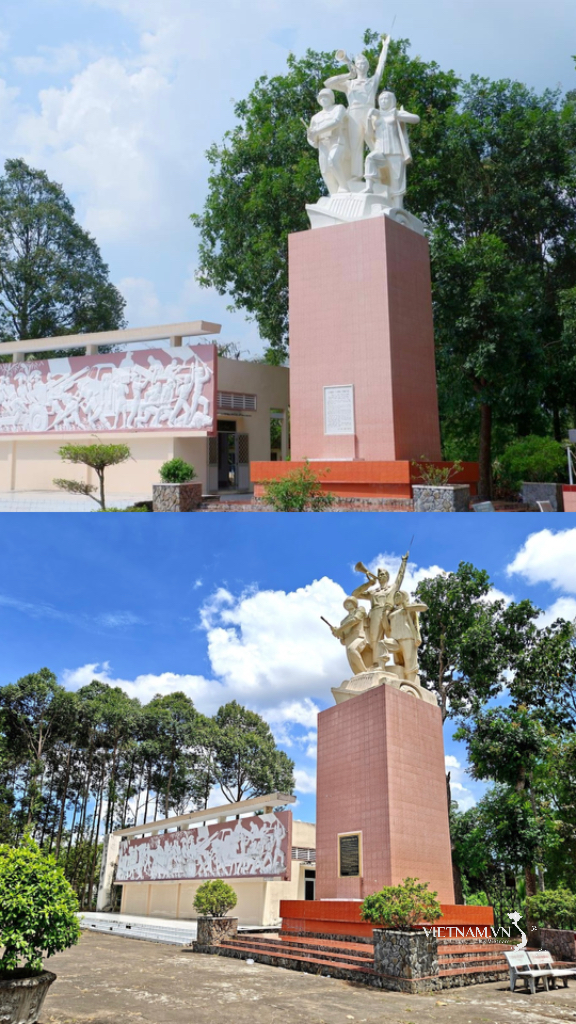


Comment (0)